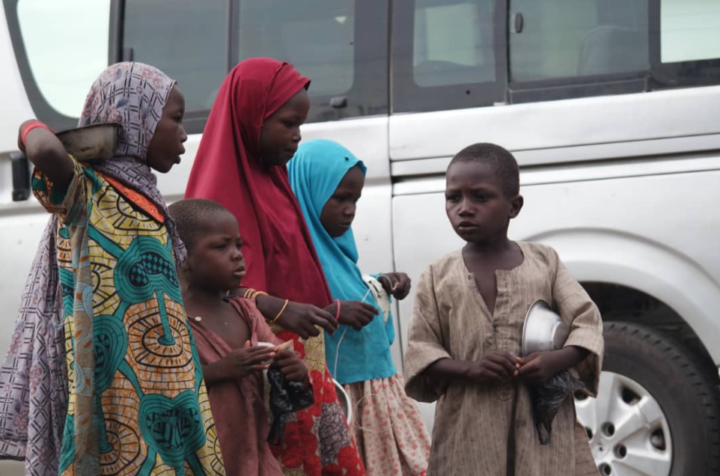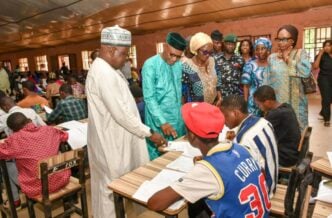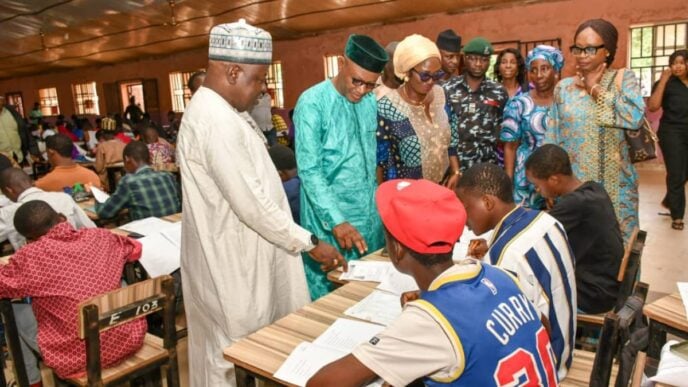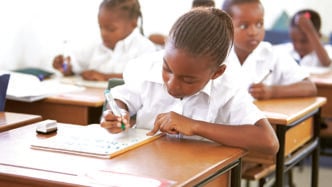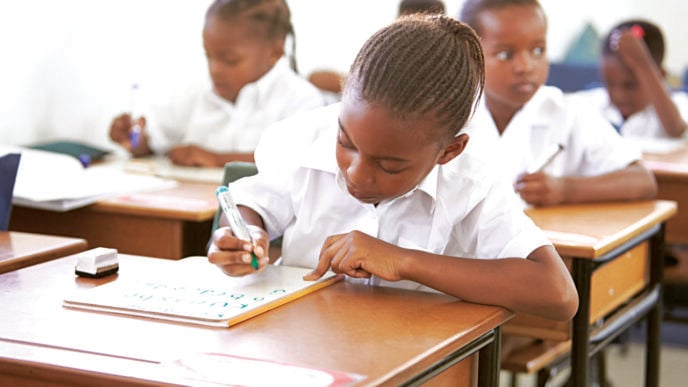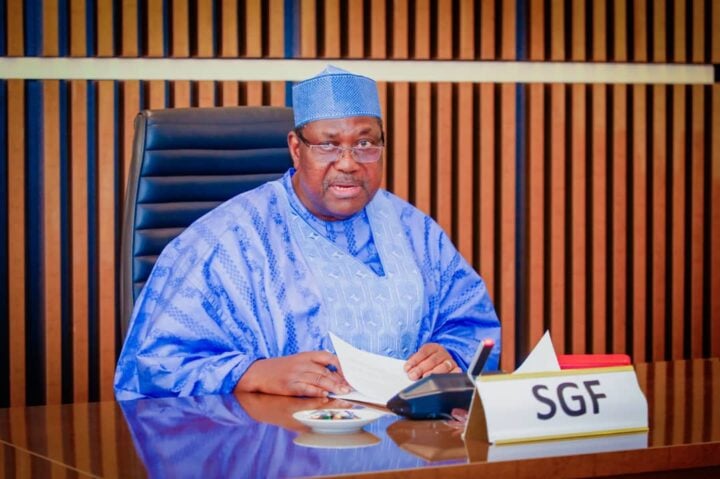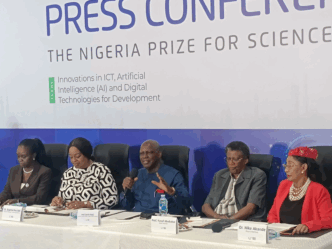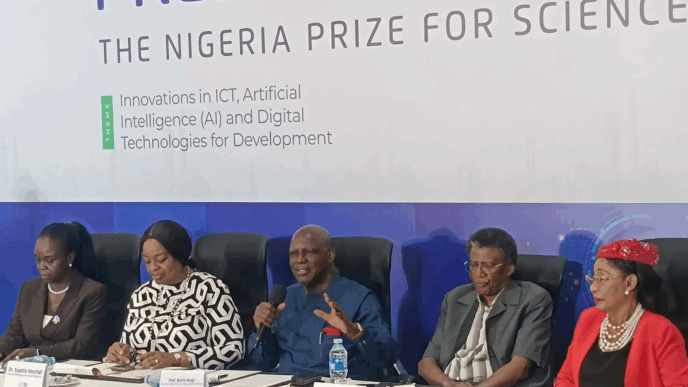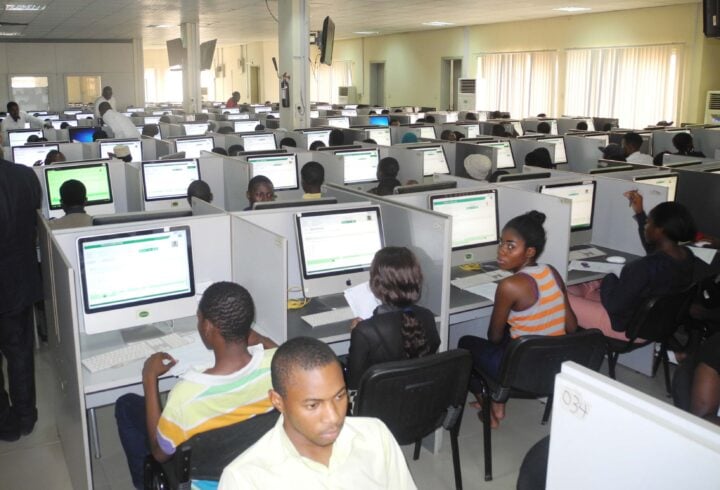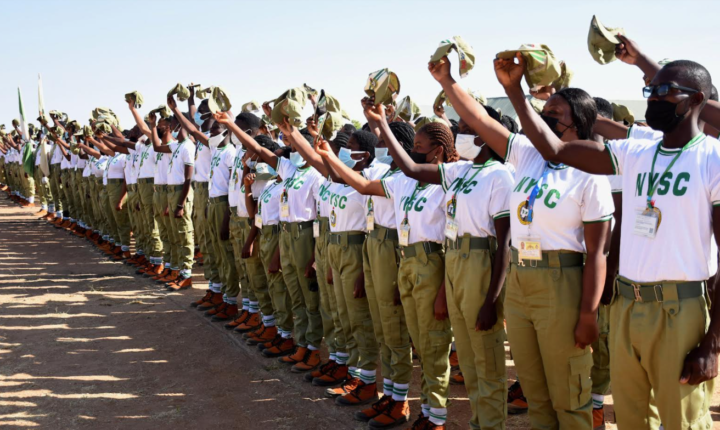The Jigawa state government has approved N869.6 million for the construction and rehabilitation of Tsangaya schools.
Sagir Musa, the state’s commissioner for information, spoke at the end of an executive council meeting on Tuesday in Dutse.
He said the fund would facilitate renovation of additional structures in seven model Tsangaya schools and construction of 30 recitation halls and 30 reading spaces across Tsangaya schools.
“This is to ensure the provision of one project per state constituency. The projects are expected to significantly improve access to quality Islamic education,” the commissioner said.
Advertisement
“It is also designed to provide conducive learning environments for Almajiri (pupils of Qur’anic school), as part of the Umar Namadi administration’s efforts to integrate Tsangaya education into the state’s human capital development agenda.”
Musa said the council also approved N1.54 billion bursary allowances for 22,388 returning students of tertiary institutions within and outside the state for the 2024/2025 academic session.
He said the students are currently enrolled in 83 tertiary institutions of learning, comprising 13,622 males and 8,766 females.
Advertisement
Musa said the bursary allowance scheme is in furtherance of the state government’s strategic agenda to enhance access to quality education, reduce financial burdens on parents, and empower youths to attain academic and professional excellence.
The Tsangaya system is a traditional Islamic education model in which young students, known as Almajiris, live with and are taught by a religious scholar, primarily focusing on Qur’anic memorisation.
It was well-established in pre-colonial Nigeria, funded by the state treasury and community contributions to produce leaders and public officials trained in Islamic principles, values, and jurisprudence.
However, with the promotion of western education, the system lost its government support and funding.
Advertisement
Nigeria has been attempting to modernise it by integrating religious and secular education to reduce the out-of-school children rate.
